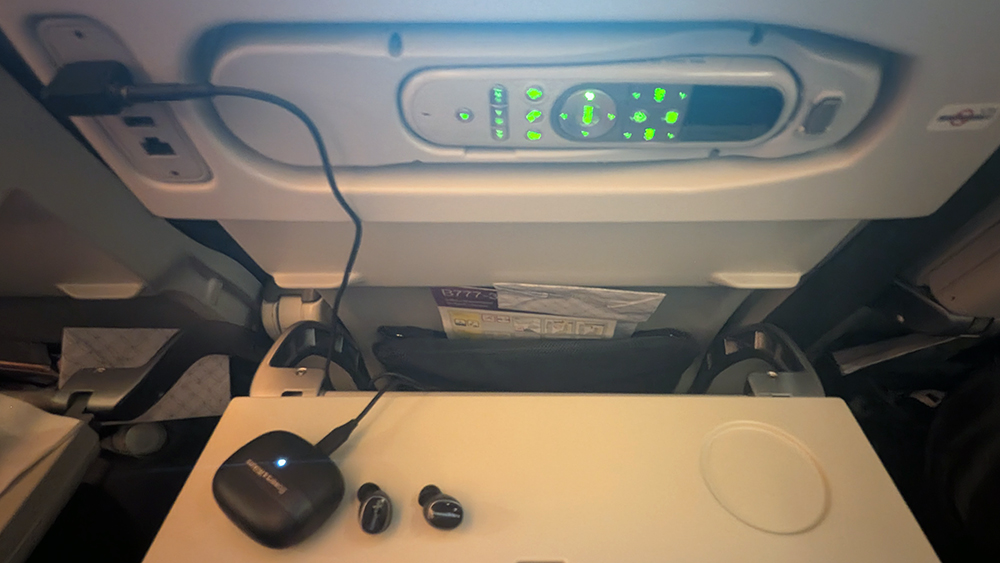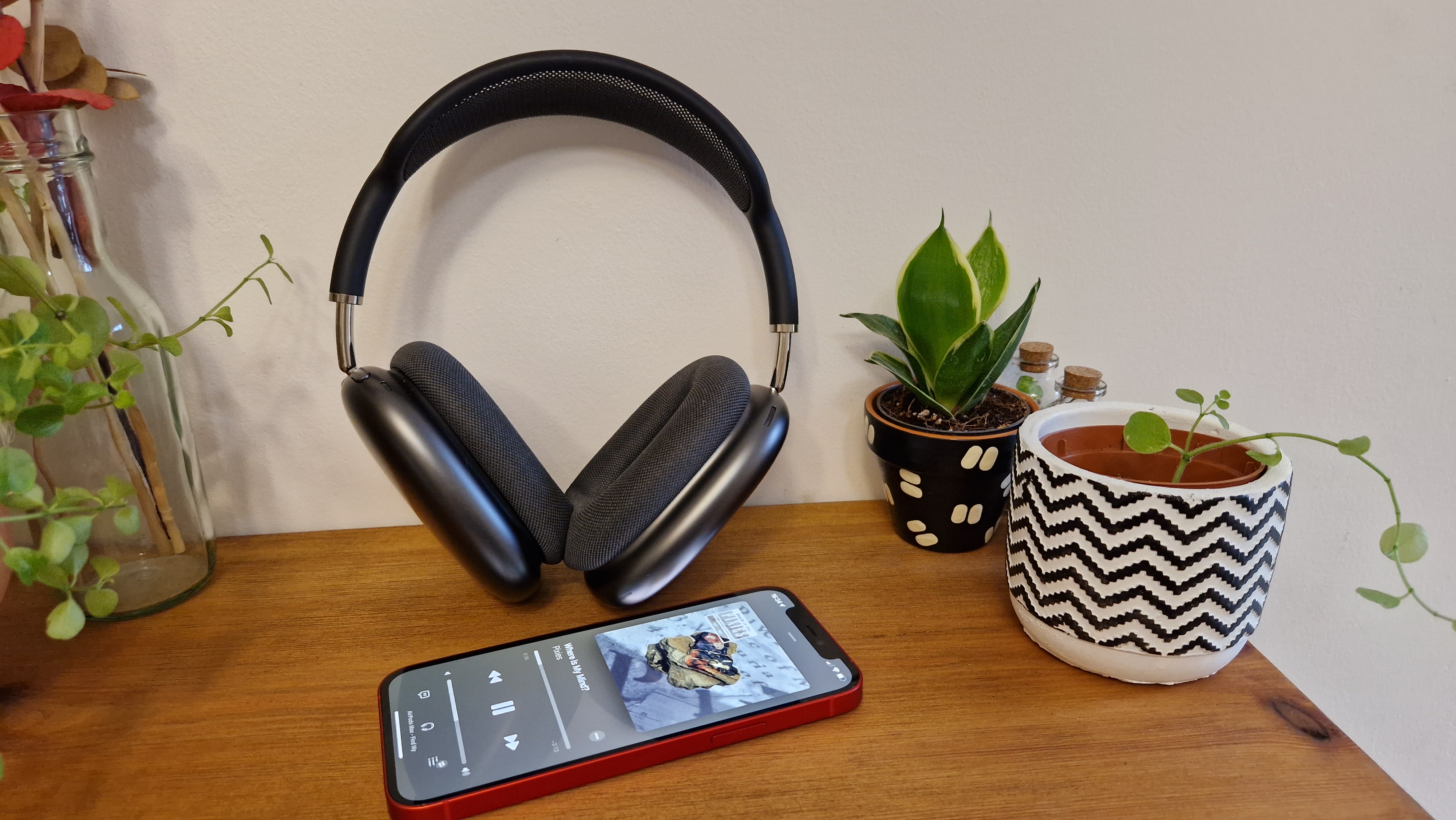
Wondering whether or not you can use your favourite pair of Bluetooth headphones while soaring through the clouds? The good news is, you absolutely can – with a few caveats, of course. You can connect them to your own phone or laptop... for most of the flight time. It can be straightforward if your plane has an in-flight entertainment system that transmits via Bluetooth, but most do not. So how do you get around that?
Below, we explore the ins and outs of using Bluetooth headphones on planes: what you can use them for, when you can use them, and how to connect the screen at the back of your seat. And if you would like to drown out the incessant engine noise and passenger chatter, feel free to peruse our list of the best noise-cancelling headphones.
Are you allowed to use Bluetooth headphones on planes?
The short answer is yes, you can use Bluetooth headphones on planes. However, as with most things involving air travel, there are a few rules to bear in mind. Different airlines have their own policies about using electronic devices during take-off and landing, so you might need to switch off or disconnect your headphones during these critical phases of the flight.
You may also be asked to remove your headphones during safety briefings or when the cabin crew needs to communicate important information. It's always best to pay attention to the flight attendants' instructions – after all, they are there to ensure everyone's safety and comfort.
What Bluetooth devices can you use on planes?

Once you're cruising at altitude and the seatbelt sign is off, you're free to enjoy your Bluetooth headphones to your heart's content. Whether you have over-ear headphones for their immersive sound, on-ear headphones for their compact size, or in-ear earbuds for their portability, you're good to connect them to any device you have taken in the cabin with you – smartphones, tablets, laptops, and even portable gaming consoles like the Nintendo Switch or Valve Steam Deck.
This flexibility means you can enjoy your carefully curated music playlists, dive into downloaded films and TV shows, or even squeeze in a bit of gaming – all without the hassle of wires getting tangled up in your tray table.
If you're on a long-haul flight and the seats are equipped with an in-flight entertainment deck, plugging your own headphones into it is possible but not always straightforward...
Can you use Bluetooth headphones with in-flight entertainment systems?

Here's where things can get a bit tricky. You've splurged on a pair of top-notch Bluetooth headphones, only to find that the plane's in-flight entertainment system is stuck in the analogue era with its 3.5mm headphone jack. Of course, if your Bluetooth headphones come with a cable (and you've remembered to bring it!), you can simply plug them in. Most (but not all) wireless headphones can be used wired, passively, without battery life, but presumably you have fully charged your headphones ahead of your flight anyway.
Don't want to be tethered to the seat in front of you? Fear not, tech-savvy traveller, for there are ways around this conundrum.
Firstly, some modern planes can now output entertainment system sound via Bluetooth. United became the first major US airline to offer it into fleets of two of its Boeing 737 models in 2021, and now many carriers, from Delta to Emirates, have some aircraft with Bluetooth transmitters. In these cases, simply pair with the entertainment console in their settings, similar to how you would pair a phone, and away you go.
Most aeroplanes still cannot, though, whether that is down to cost, standardisation or dated systems implemented with dated aviation compliances.
Thankfully, there are some clever solutions to bridge the gap between old and new and get you wirelessly connected anyway. One option is to invest in a Bluetooth adaptor like the Twelve South AirFly Duo. Amazon offers several cheaper Bluetooth transmitters too. These nifty little gadgets plug into the plane's headphone jack and can broadcast the audio wirelessly to your Bluetooth headphones, giving you the wire-free experience you crave.
But wait, there's more! Some forward-thinking headphone manufacturers have started building this transmitter functionality right into their products. Take the Bowers & Wilkins Pi8 wireless earbuds, for example. These clever wireless earbuds come with a charging case that can accept audio signals via USB-C or 3.5mm sockets and wirelessly retransmit them to the earbuds.
It works by letting you plug one end of the supplied cable into the plane's headphone jack and the other into the Pi8's case. The case then sends the audio wirelessly to your earbuds. Handy stuff. The downside? You can only transmit audio to the earbuds themselves and not, say, your wireless over-ears as well.
MORE:
Read our AirPods Pro 2 review
Pixel Buds Pro 2 vs AirPods Pro 2: how do Google's new wireless earbuds shape up against Apple's best?







